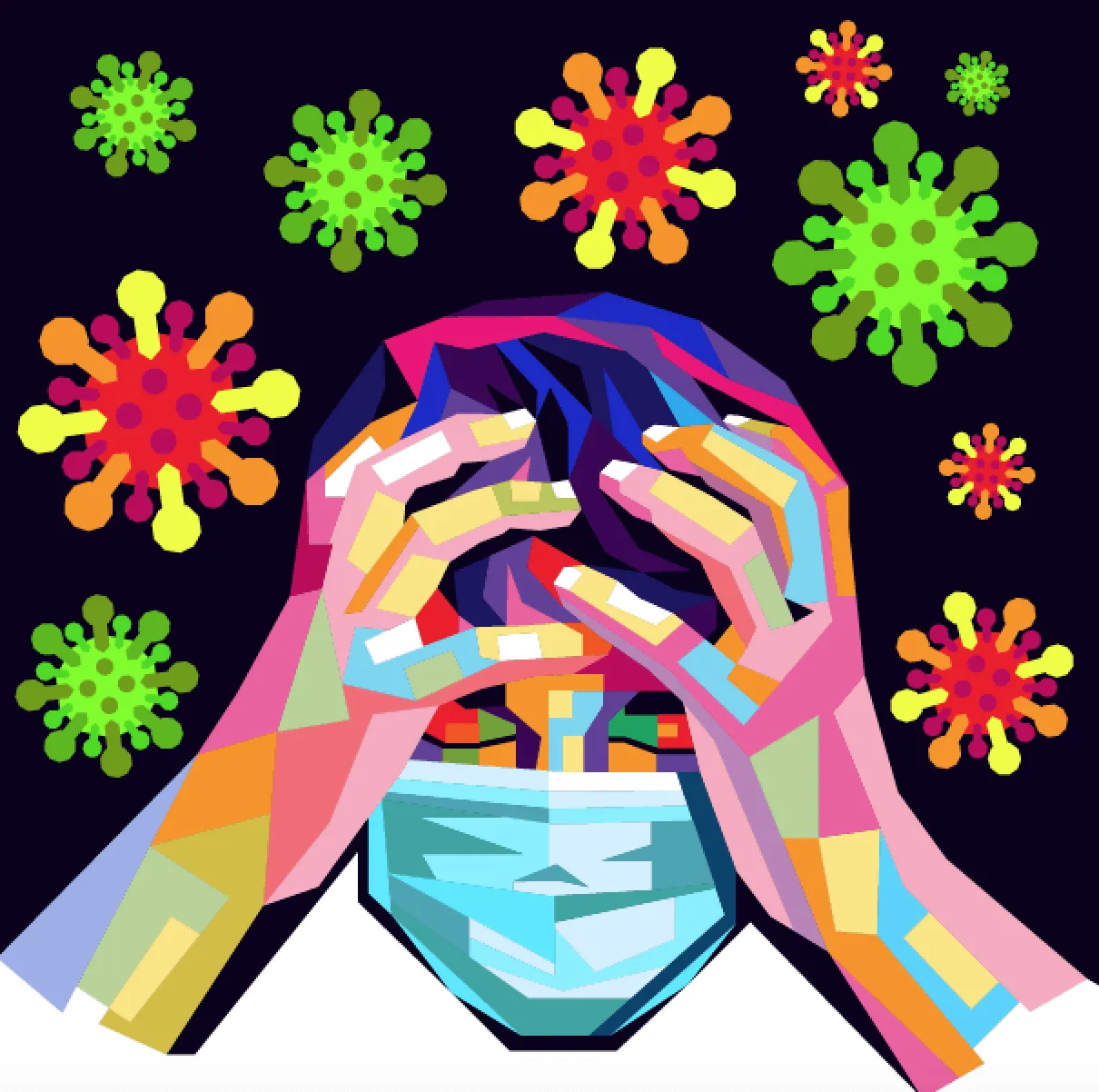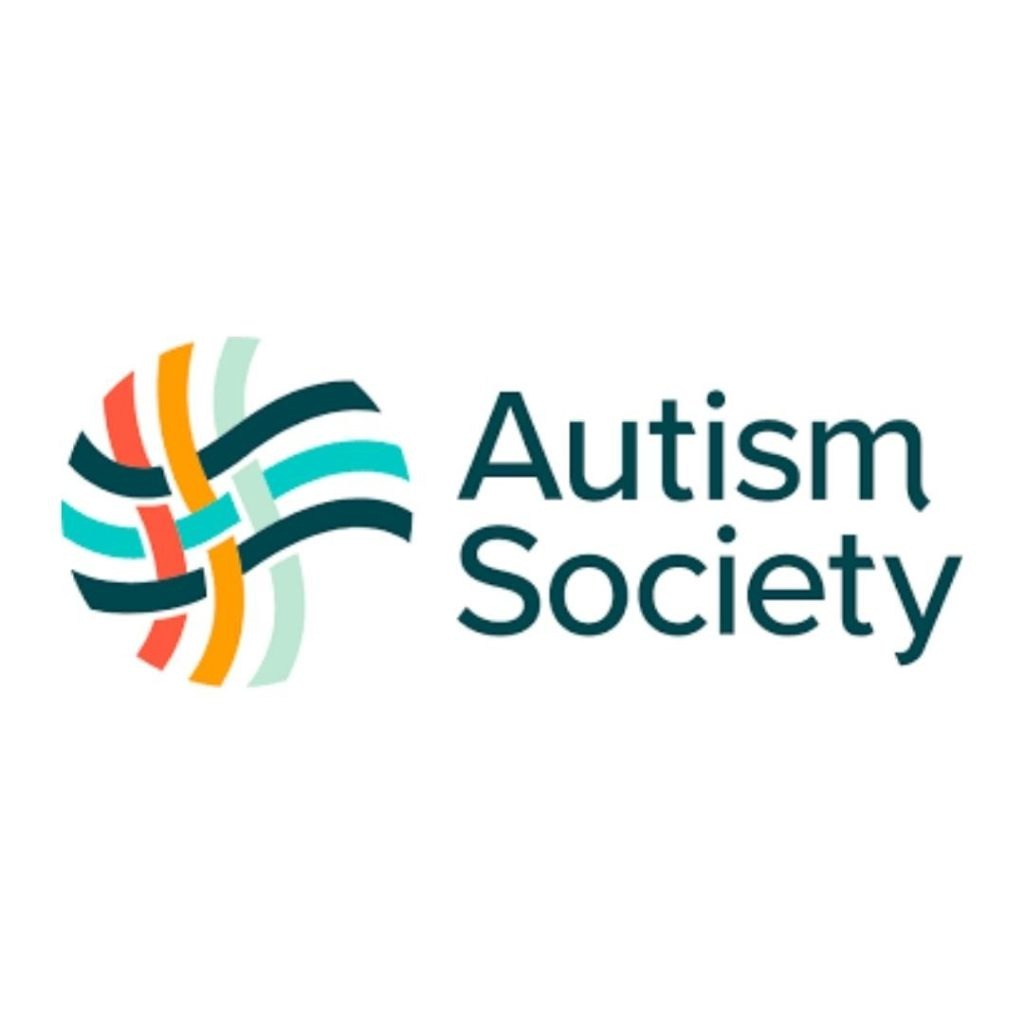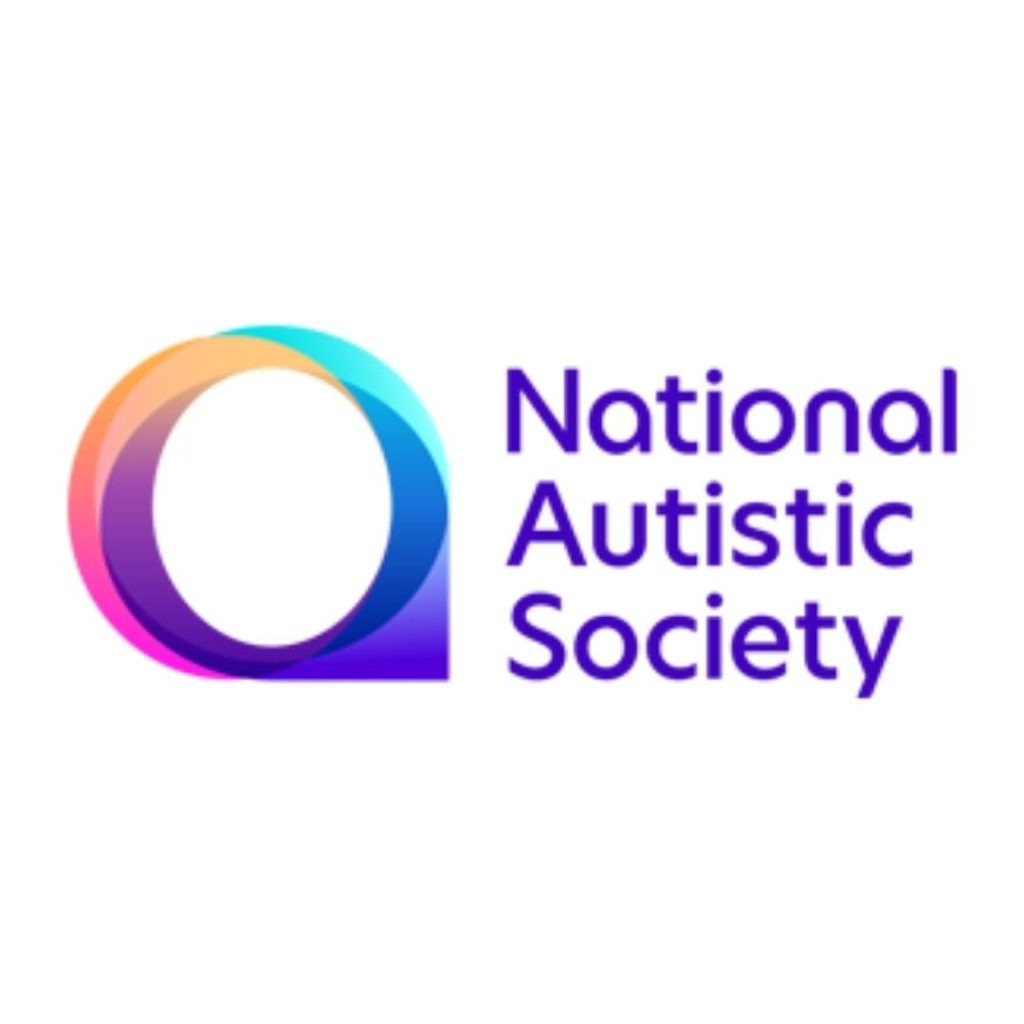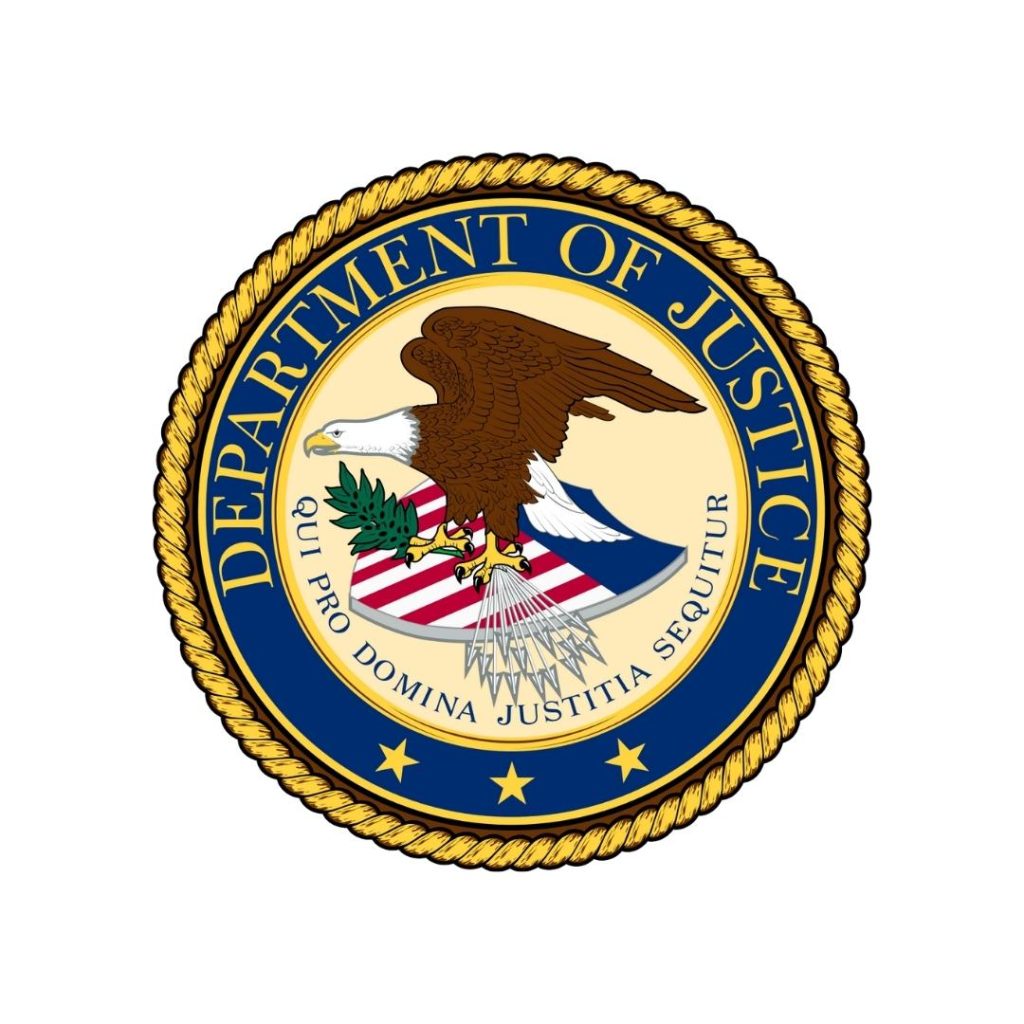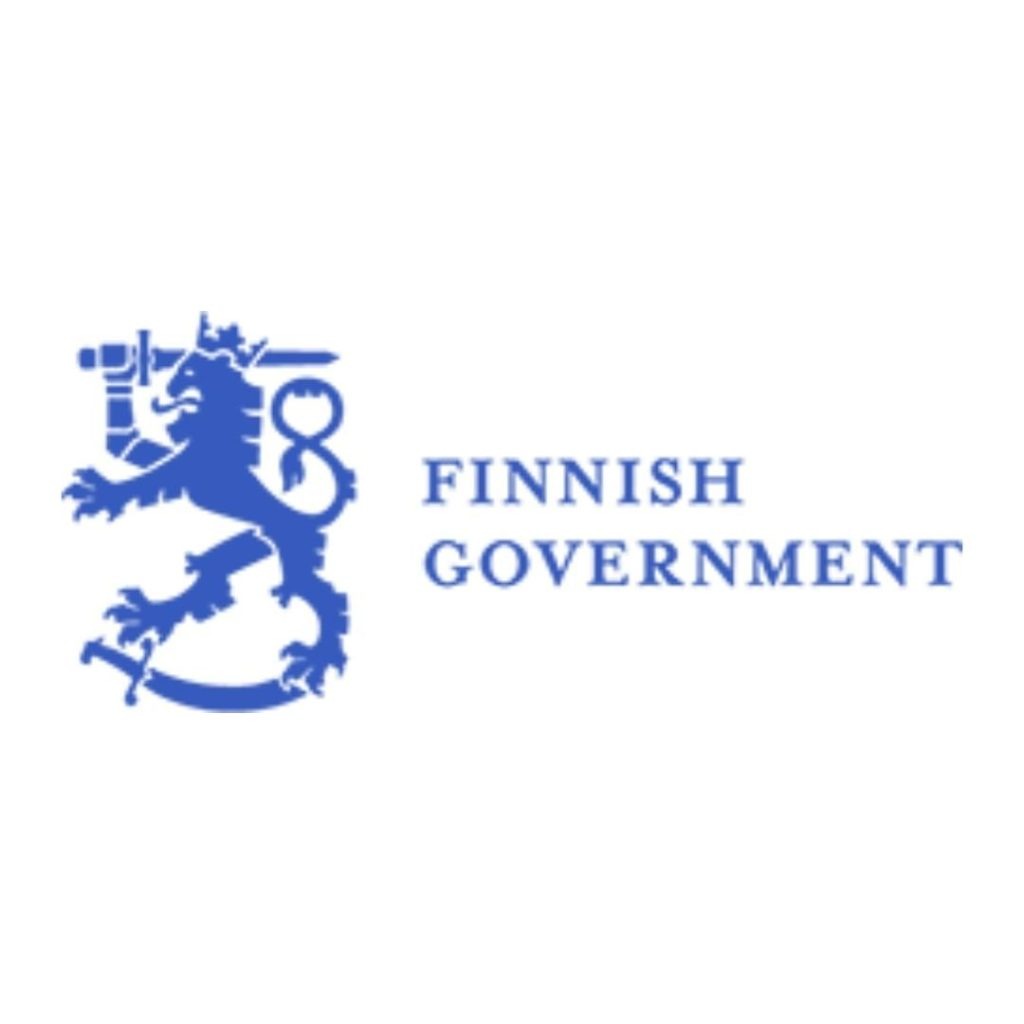Due to COVID-19, our world has been turned upside down. Restaurants once full of lively conversation now sit empty and desolate. Schools are vacant, our educational centers now in the hands of parents and the students themselves. Sporting arenas are dark and silent, a surreal scene for many as sports has historically been our main outlet as a society during times of uncertainty.
While we have all been hit hard during these times, the autism community has been especially affected. Routine is sacred to those on the spectrum, while the fear of the unknown can cause debilitating anxiety and depression. Suffice to say these trying times can be detrimental to the personal, professional and academic progress an individual on the spectrum has made.
Many people are struggling to maintain their mental well-being right now, however as those with autism are more likely to have a mental health diagnosis, it is imperative that we offer all the resources we can to them.
Below I highlight 5 strategies you can implement into your daily schedule to help maintain your mental health during these trying times.
- Become Your Own Best Friend
If it is one person we can completely and entirely rely on throughout the course of our lifetimes, it is ourselves. It is important that we remember to be kind to ourselves during these unusual times. Loneliness and isolation are rampant and can have detrimental effects on our well-being. However, if looked at from another perspective, can also bring great insight and strength.
I was pretty much a societal recluse from age 11 to 23, so isolation is not new to me. I learned, however, that with isolation comes solitude, and with solitude comes wisdom. Now is as good a time as ever to look inward and learn about who you are and what your heart truly desires in this life. Writing down your life’s purpose is a great reference point to look back on during normal times when you feel like you may be lost in life or on the wrong path.
Take some time during this period to nurture yourself. Every morning before I get out of bed, I tell myself “Good Morning” and whenever I’m struggling I give myself a hug and say “I love you Russell”. It may sound corny, but when our brains process self-affirmations said out loud, they literally develop the neural networks in order to become more efficient in self-care.
Self-love is the hardest love, but it is also the best love. The Buddha once said, “You yourself, as much as anybody in the universe, deserve your love and affection”.
- Exercise
Exercise has always been great for the mind, however with all gyms being closed and outside activities cancelled, it can be difficult to find ways to stay active. Personally, the gym is my number one self-care tool, so having that tool taken away has made these past six weeks extremely challenging.
When we think of exercise, we tend to think of lifting weights, hiking, jogging, sports, etc. However, there are many activities you can do around your house that are beneficial to your mental and physical health. These can include dancing to music, yoga, walking your dog, yard work and even cleaning (fun, right?).
When the weather is nice and I am not too depressed, I have been going for long runs in the beautiful Sierra-Nevada foothills, however lifting heavy weights is vital for me as it fulfills my sensory-processing needs for the day. Unfortunately, I don’t have weights at home, so I must fall back on body weight exercises such as isometric (no muscle contraction, basically you stay frozen in place) squats, lunges, pushups and crunches.
All in all, anything you can do to clear your mind of worries and accelerate your heartrate will serve as a great coping mechanism during these times, and after.
- Explore the Arts
Perhaps the most difficult of tasks for parents during COVID is helping their kids adjust to the changes in schedule and routine given school closures and the cancellation of most extracurricular activities.
With social interaction all but gone for now, this is a great time to introduce the arts as a vehicle to promoting emotional integration and intelligence. Whether that be through poetry, painting, music, etc. the arts have been scientifically proven to reduce stress and promote neuroplasticity in the brain.
As a poet, I can tell you that there is no better catharsis for my daily struggles then to write them down and create a piece of art from them. Reading back my poems to myself out loud also helps me process my feelings more efficiently as I am using my visual and auditory senses to dissect my emotions instead of having them just float around in my head with no outlet.
- Meditate
Meditation and mindfulness play an instrumental role in promoting a healthy mental state, regardless of the state of our external circumstances. Jon Kabat-Zinn once said, “You can’t control the waves, but you can learn to surf”. This I have found to be so aptly true, for we can utilize the steadiness of our inner-being as an anchor to weather turbulent times such as these.
Similar to number 1 on this list, you can use your current isolation to sit alone with yourself in order to realize that your thoughts are not real. Anxiety and depression, specifically, all boil down to our thought processes and patterns. Take this time to be curious about how you think. Meditation does not need to be sitting down in the lotus position for hours on end. It can be practiced informally throughout that day by just simply being mindful of how and why you think the way you do.
As the romantic poet Novalis once said, “The path of mystery leads inward”.
- Hone the Most Underrated Skill: Perseverance
Humans are an incredibly adaptable species, and perhaps our most underrated collective skill is perseverance. As mentioned before, the gym is instrumental in maintaining my well-being. I usually workout two hours a day, six days a week, and couldn’t have ever fathomed I’d go this long without stepping foot inside a gym. Yet when you are forced outside of your comfort zone, magical things can happen. While it is by no means an easy feat, when we are in unfamiliar territory with regard to our routine, the flexibility of our thinking increases and adapts to the new environment, stimuli and circumstances around us. If we push ourselves outside of our comfort zones on a continual basis, our self-confidence also increases and we begin to feel a sense of empowerment and fulfillment. As I always say, in order to promote your personal growth and development, you need to learn to be comfortable being uncomfortable!
Throughout my life I have continuously found success through my struggles, and COVID-19 will be no different. After all, how many times, in hindsight, have we come to kiss the feet of adversity? Using our hindsight from previous struggles to develop foresight for future challenges may be one of the most beautiful gifts in life.
This is a great opportunity for parents to educate the children that the only constant in life is change. Through a controlled environment such as their home, parents can ask their kids how unexpected change makes them feel and how best to deal with the emotions that change brings up. These practices can then be generalized into the real world in the post-COVID era.
In the end, COVID-19 will serve as a permanent reminder for us all to be mindful of the challenges faced by others. Collective struggle brings us closer, and it is my hope that after this pandemic passes, we will be a more kind and compassionate society.


